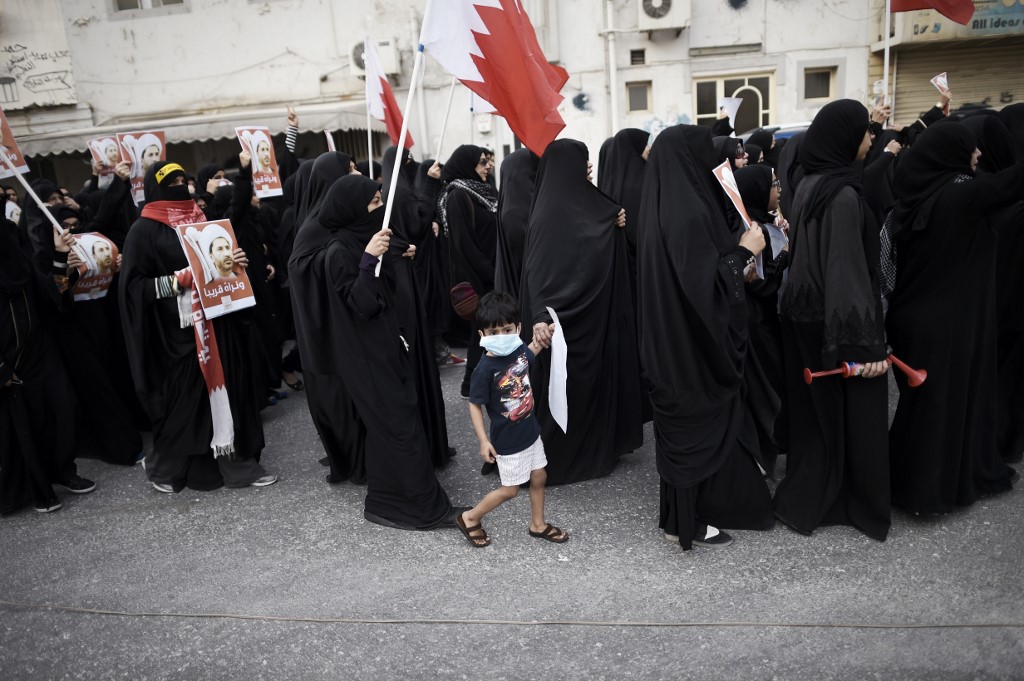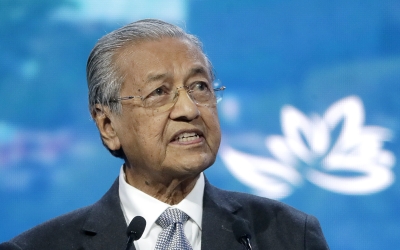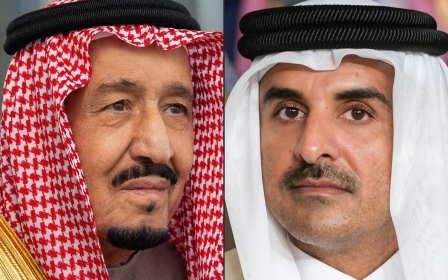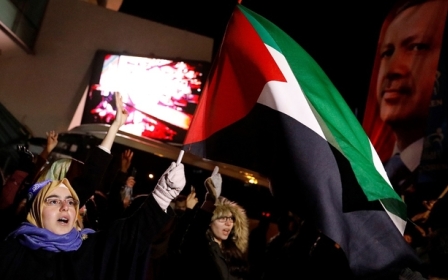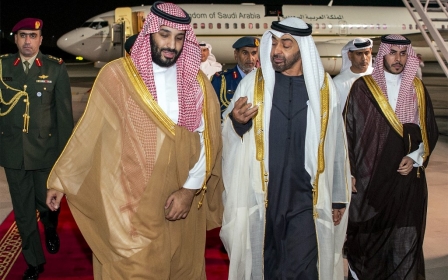Why did Saudi Arabia shun the Kuala Lumpur summit?

Saudi Arabia shunned the recent Muslim summit in Kuala Lumpur, stating that its agenda should be discussed under the platform of the Organisation of Islamic Cooperation (OIC).
Riyadh also strongly discouraged Pakistani Prime Minister Imran Khan from attending, prompting him to drop out. Mahathir Mohamed, Malaysia’s prime minister, stressed that the summit only aimed to find solutions to problems facing the Muslim world, citing no intention to form a “new bloc” or cause disunity.
But the OIC released a statement with implicit criticism of the summit, as Saudi media spun it as a challenge to the OIC.
Historical legitimacy
Saudi Arabia has historically enjoyed legitimacy through the OIC, formed by Riyadh to counterbalance Egypt’s fervent Arab nationalism and maintained as a source of soft power for the kingdom. It has been difficult for adversaries to dispute its position and symbolic posture in the Muslim world.
Saudi Arabia is indeed trying to maintain unity, but only to keep its dominance over the OIC, which bills itself as “the collective voice of the Muslim world”, headquartered in Jeddah. The rise of other Muslim platforms would not only highlight its fading legitimacy, but also Saudi Arabia’s declining role in the Muslim world.
Saudi Arabia occasionally speaks of Palestinian rights, but in practical terms has abandoned the Palestinian cause
Yet, the OIC has failed to solve the immense and growing problems facing Muslims globally, while Saudi Arabia has largely fallen out of relevance - or is seen as actively working against Muslim interests.
This is not even to mention its local blunders, such as imposing the death penalty on moderate Islamic scholars over dubious charges. Others have been targeted for criticising the regime for propping up the General Authority for Entertainment, which many view as morally questionable.
Saudi Arabia is not merely concerned about its position and authority in the Muslim world. Its decision to shun and discourage others from attending the Kuala Lumpur conference stems from its fundamental differences in foreign policy and politics with Malaysia, Turkey and Qatar.
The Arab Spring
It is important to remember that Saudi Arabia stood against the Arab Spring, which it viewed as a threat. When protests erupted in eastern Saudi Arabia and neighbouring Bahrain in 2011, Riyadh quelled them with brute force. The government also spent billions of dollars on new housing and salary boosts, in an effort to buy peace.
Instead of accommodating demands for political reform, which would have boosted the kingdom’s legitimacy and regional status, Riyadh chose instead to throttle the Arab Spring.
Saudi Arabia was also the first country to cheer the Egyptian military coup in 2013, and a year later, it declared the Muslim Brotherhood to be a “terrorist” organisation. This is not even to mention Saudi Arabia’s war in Yemen or its blockade of Qatar.
Turkey has perhaps been the most vocal supporter of the Arab Spring, and despite criticism of its local politics, it is still legitimised by a popular electoral mandate. Malaysia recently removed a corrupt prime minister and is battling to recoup billions in misplaced funds. Qatar still enjoys traditional monarchic legitimacy, while millions of Arabs follow its Al Jazeera network. All three are much more willing to discuss issues of local governance and politics than Saudi Arabia.
There is also a difference in handling of the Palestinian-Israeli conflict. Saudi Arabia occasionally speaks of Palestinian rights, but in practical terms has abandoned the Palestinian cause, while engaging in gradual normalisation with Israel.
Authoritarian realpolitik
Saudi nationals and journalists have been allowed, if not encouraged, to smear Palestinians. A Saudi blogger this year visited Israel and met officials, then later hosted two Israeli men at his residence - all unimaginable moves a few years ago. These developments are contrary to the Saudi-led peace initiative of 2002, which called for Israel’s full withdrawal from all occupied territories since 1967 West Bank and Gaza prior to normalisation.
Malaysia and Turkey, meanwhile, have vehemently denounced Israel, and the Kuala Lumpur summit spoke of “liberating” al-Aqsa Mosque, located in Jerusalem.
Saudi Arabia is not really committed to the international Muslim community’s concerns. While it condemned Myanmar’s atrocities against the Rohingya in 2017, it later deported some to Bangladesh, despite UN calls to give them refuge.
It has not taken a stand with Kashmir or criticised China over its persecution of the Muslim Uighur minority - instead bizarrely signing a letter to the UN in defence of China’s policies.
Riyadh is motivated by an authoritarian realpolitik, with little regard for Muslim solidarity. It may no longer hold the same position in the Muslim world, but it is still strong enough to compel Pakistan, a large country with nuclear capabilities, to avoid the Kuala Lumpur summit.
Yet the summit went ahead regardless - and besides discussing solutions to Muslim problems, the convening countries will need to follow up with sustainable, concrete and evaluable solutions.
The views expressed in this article belong to the author and do not necessarily reflect the editorial policy of Middle East Eye.
Middle East Eye propose une couverture et une analyse indépendantes et incomparables du Moyen-Orient, de l’Afrique du Nord et d’autres régions du monde. Pour en savoir plus sur la reprise de ce contenu et les frais qui s’appliquent, veuillez remplir ce formulaire [en anglais]. Pour en savoir plus sur MEE, cliquez ici [en anglais].



